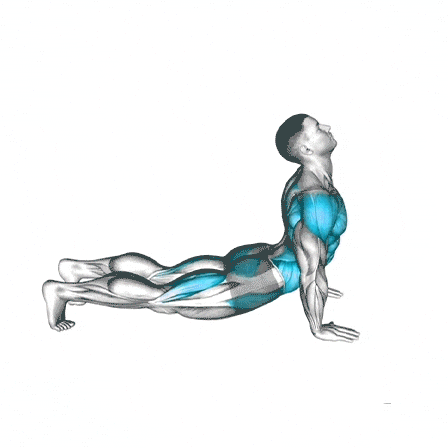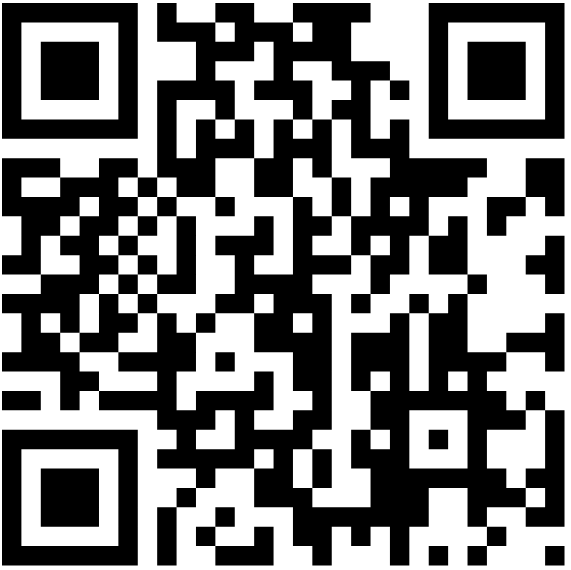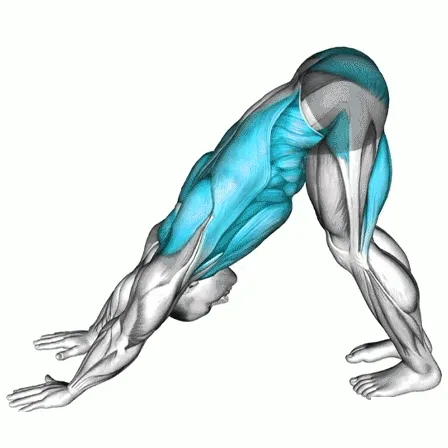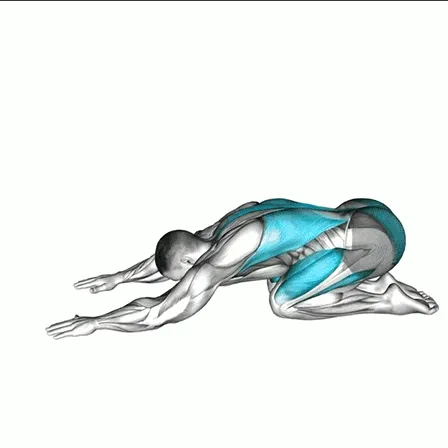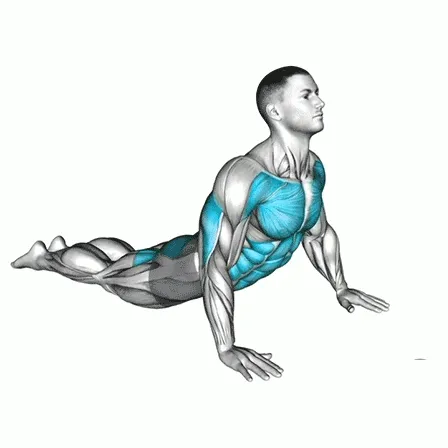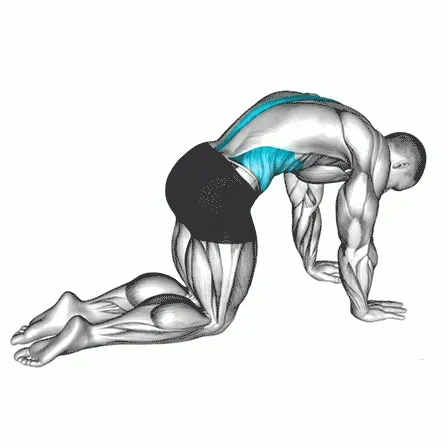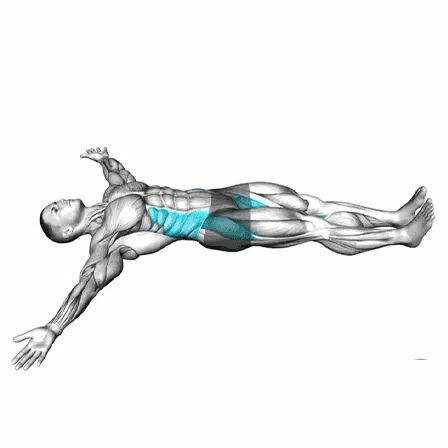Transitioning from Downward to Upward Dog
The transition from Downward-Facing Dog (Adho Mukha Svanasana) to Upward-Facing Dog (Urdhva Mukha Svanasana) is a foundational flow in yoga, often practiced in Sun Salutations. It builds strength, flexibility, and awareness in the entire body while linking breath with movement. Mastering this transition helps improve posture, opens the chest, strengthens the arms and core, and prepares the body for more advanced flows.
Benefits of Practicing this Transition
-
Strengthens the arms, shoulders, and wrists
-
Improves spinal flexibility and opens the chest
-
Engages the core and thighs for stability
-
Enhances breath control and coordination
-
Promotes better posture and alignment awareness
Step-by-Step Instructions
1. Start in Downward-Facing Dog
-
Hands shoulder-width apart, fingers spread wide.
-
Feet hip-width apart, heels pressing toward the floor.
-
Engage your core, lengthen the spine, and lift hips high.
2. Shift Forward to Plank Position
-
Inhale as you move forward, stacking shoulders over wrists.
-
Keep body in a straight line from heels to crown.
-
Engage core and thighs to maintain stability.
3. Lower into Chaturanga (or Modification)
-
Exhale, bend elbows close to your ribs.
-
Lower halfway or all the way down with control.
-
Avoid letting hips sag or back overarch.
4. Move into Upward-Facing Dog
-
Inhale, slide chest forward and lift upward.
-
Straighten arms, roll shoulders back and down.
-
Keep thighs and knees lifted—only palms and tops of feet touch the mat.
-
Open chest, gaze slightly forward or upward.
5. Hold and Transition
-
Stay in Upward Dog for 1–2 breaths.
-
Exhale, lift hips back and roll over toes to return to Downward Dog.
Tips for a Smooth Transition
-
Engage the Core: Protect your lower back by activating abdominal muscles.
-
Modify if Needed: Drop to knees in Plank and flow through Cobra Pose for a gentler option.
-
Check Alignment: Avoid shrugging—roll shoulders back and down.
-
Use Props: Place a folded blanket under hips if lower back feels strained.
-
Breath Awareness: Inhale to lift and expand, exhale to release and transition.
Transitioning from Downward-Facing Dog to Upward-Facing Dog is more than just a flow—it’s a way to build strength, flexibility, and mindful awareness. Practicing this movement regularly will not only refine your Sun Salutation sequence, but also improve posture, relieve stiffness, and energize your body.
Whether you’re a beginner working with modifications or an advanced practitioner, this transition helps you connect breath and body, creating a strong foundation for a balanced yoga practice. Stay consistent, move with awareness, and you’ll feel the benefits both on and off the mat.
